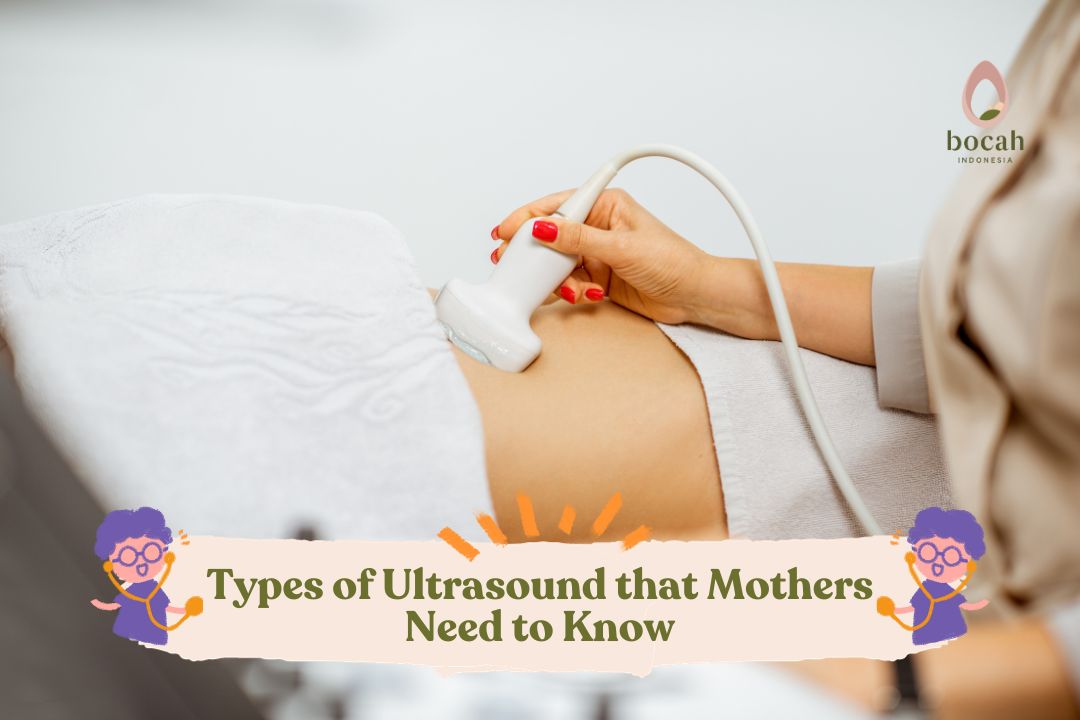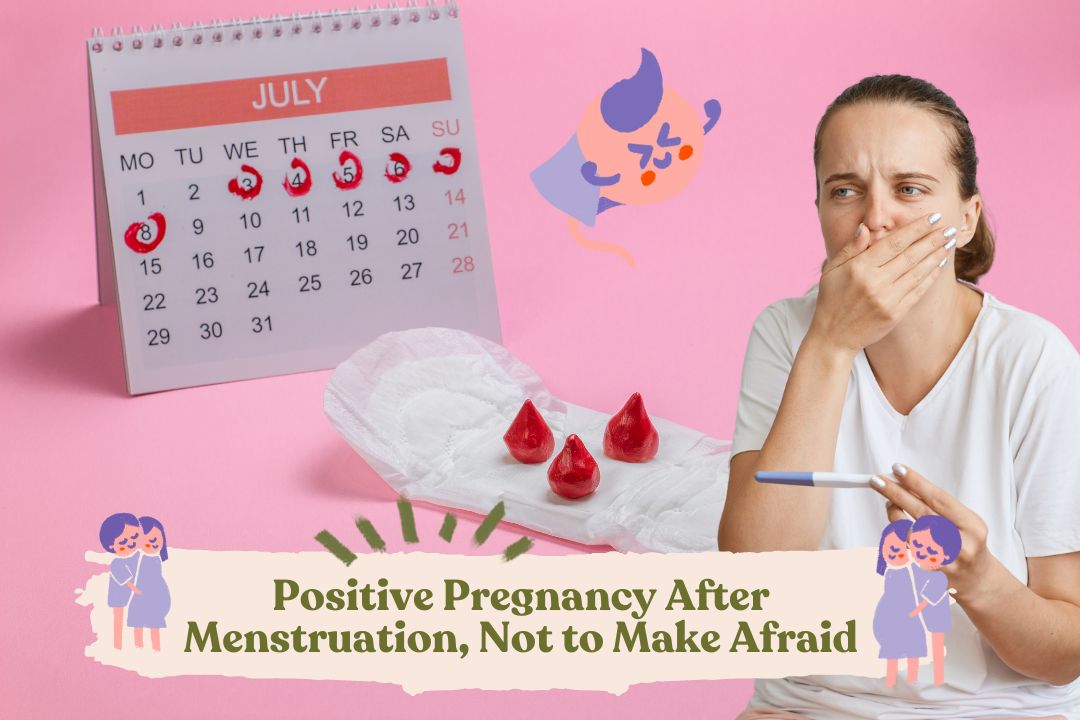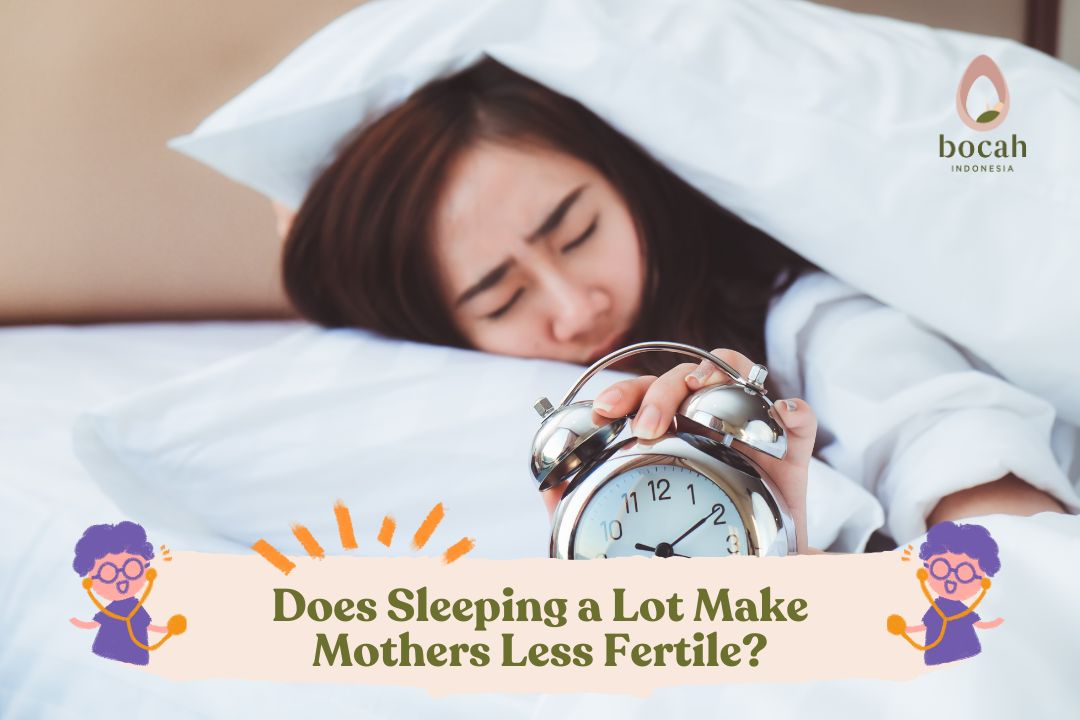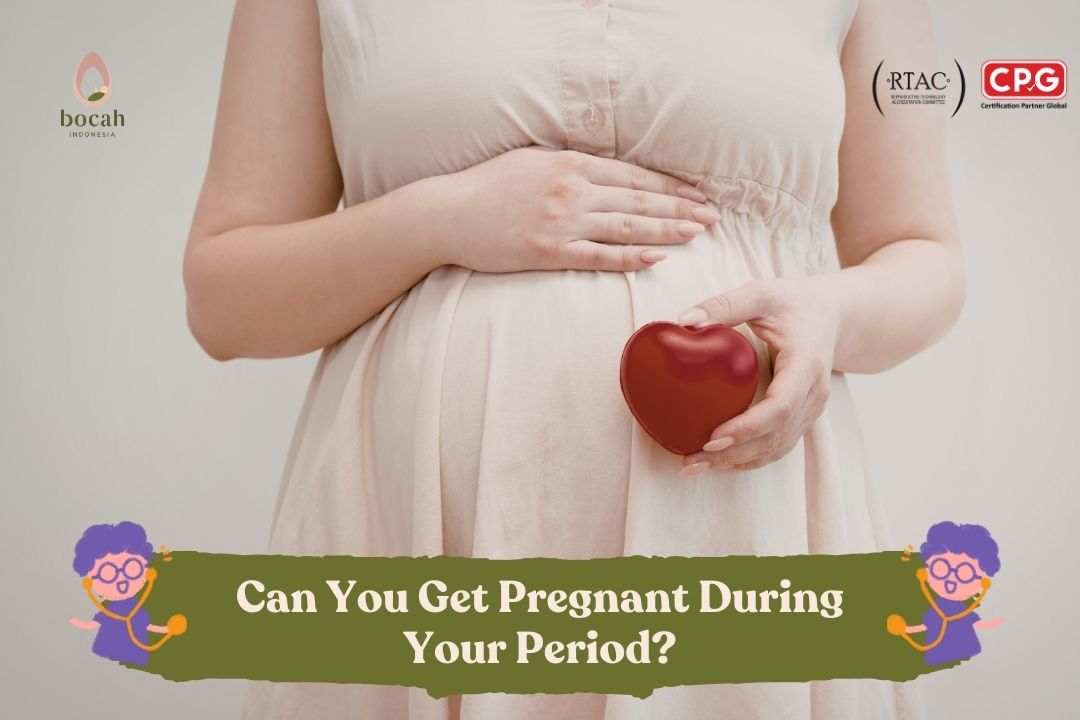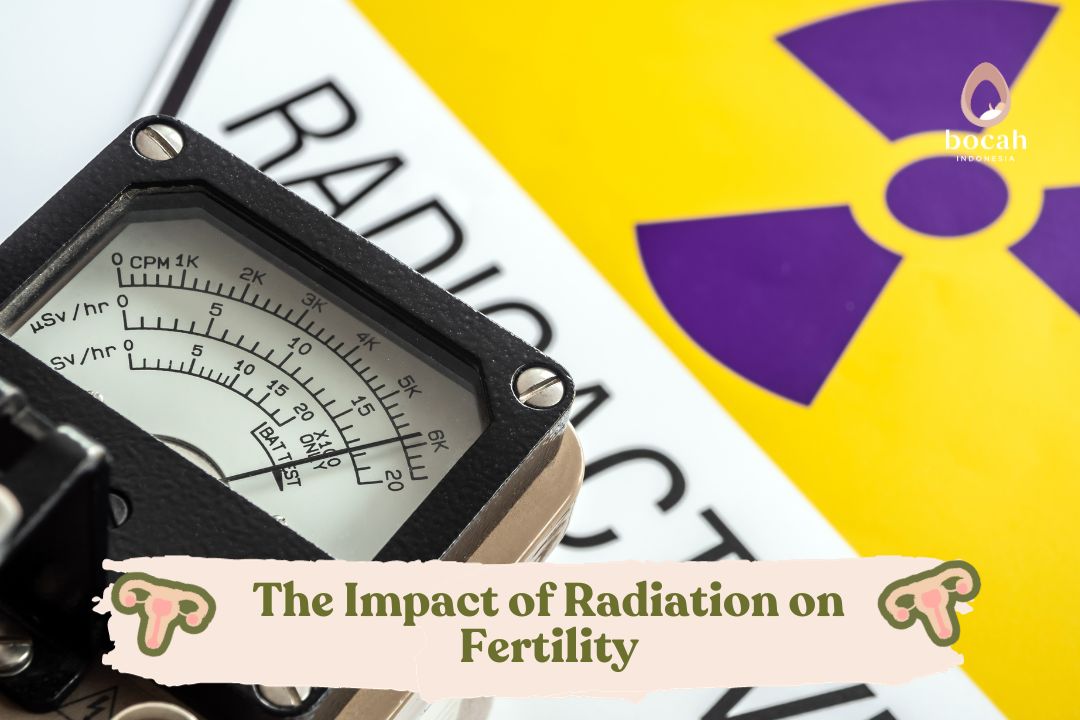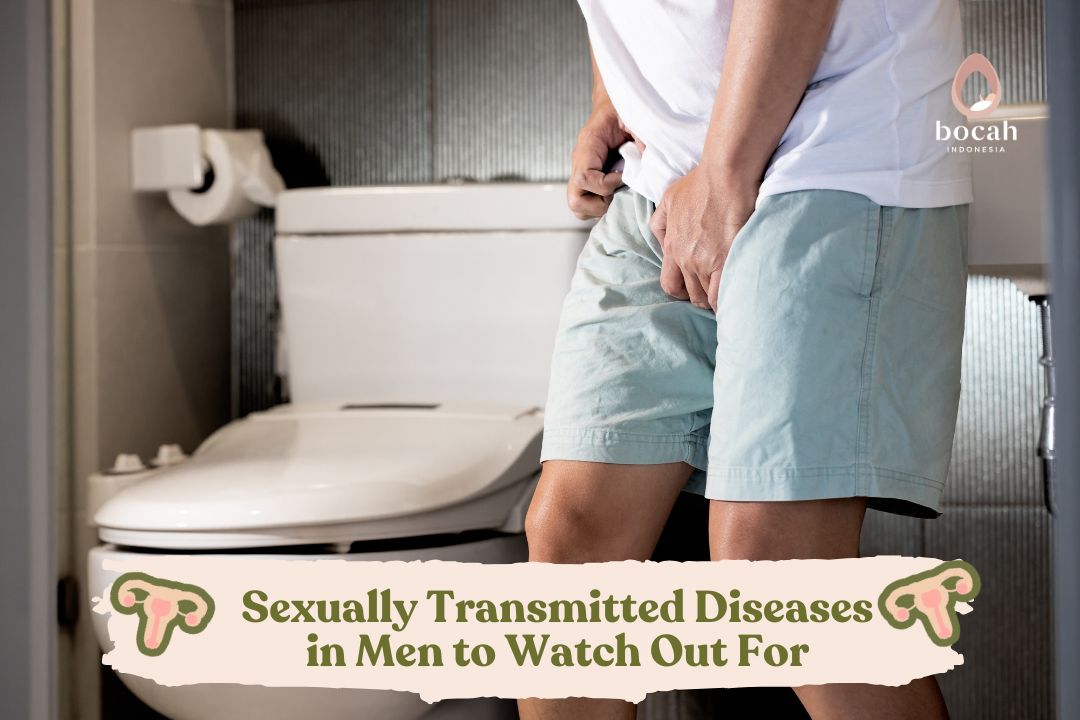“Hamil Kebo” Doesn’t Make You Weak – Here’s What You Need to Know.

Pregnancy without morning sickness, known as “hamil kebo” in Indonesian, is a condition commonly experienced by pregnant women. While most pregnant women experience morning sickness in the first trimester of pregnancy, those who have “hamil kebo” do not experience such symptoms.
For expectant mothers experiencing “hamil kebo,” the usual symptoms of nausea are absent. However, you may wonder if this condition is normal or poses any risks to your health.
“Hamil Kebo” is Not a Dangerous Condition
Expectant mothers with “hamil kebo” will not experience severe pregnancy symptoms in the first trimester (first 13 weeks). According to research published in the journal PLoS ONE, “hamil kebo” occurs when pregnant women do not experience typical pregnancy symptoms, such as morning sickness, fatigue, sensitivity to smells, and breast tenderness.
Many pregnant women worry that a lack of pregnancy symptoms indicates an unhealthy pregnancy or even a miscarriage. However, this condition is entirely normal for pregnant women.
A study published in the BMJ Journals indicates that approximately 1 in 475 women successfully go through the first five months (20 weeks) of pregnancy without experiencing typical pregnancy symptoms.
Tanya Mincah tentang Promil?
Even though there is no morning sickness during the early stages of pregnancy, it does not necessarily mean that the pregnancy is not occurring. Fluctuations in pregnancy symptoms are normal and can vary from woman to woman.
For pregnant women without morning sickness, this condition occurs because their bodies can handle the increased levels of human chorionic gonadotropin (hCG) and other pregnancy hormones during the first trimester.
In some cases, women with “hamil kebo” may exhibit lower hormone levels compared to the average pregnant women. While this condition may carry a slightly higher risk of miscarriage, such cases are rare. As long as the obstetrician considers the hormone levels of the pregnant woman to be satisfactory, there is no need to worry.
Characteristics of “Hamil Kebo”
Apart from the absence of morning sickness during early pregnancy, expectant mothers experiencing “hamil kebo” can be identified by the following characteristics:
1. No headaches or body aches:
Headaches or body aches are common during pregnancy and can significantly disrupt a pregnant woman’s daily activities. However, these conditions are rarely or not experienced by expectant mothers with “hamil kebo.”
2. No eating disorders:
Most pregnant women experience eating disorders due to morning sickness, which affects their appetite. However, for women with “hamil kebo,” this is not the case as they do not experience the usual symptoms of nausea and vomiting. Therefore, they can consume various foods without difficulty.
3. No sleep disturbances:
While many pregnant women face difficulty sleeping, this does not apply to expectant mothers with “hamil kebo.” “Hamil kebo” allows pregnant women to sleep easily and at any time.
4. Reluctance to engage in physical activities:
The ability to consume a variety of foods may lead pregnant women with “hamil kebo” to sleep easily and perhaps even feel lazy to engage in physical activities. However, even during pregnancy, expectant mothers need to engage in light physical activities.
Effects of “Hamil Kebo” on Health
Expectant mothers experiencing “hamil kebo” have a positive impact on their health. This is because they do not experience nausea and vomiting, which could reduce their food and drink intake. Consequently, this condition can lead to the sufficient development of the fetus due to adequate nutrition.
Additionally, their daily activities are not disrupted as they do not experience complaints like nausea, headaches, or back pain. They can continue their daily activities as usual and have sufficient rest as they do not experience sleep disturbances or fatigue.
However, “hamil kebo” can have negative consequences on health. If the habit of consuming any type of food and drink is not controlled, it could lead to a drastic increase in body weight. This condition could potentially impact the pregnancy, leading to the risk of the baby being born overweight. As a result, the baby might be at risk of obesity in the future.
So, don’t worry if you experience “hamil kebo” because it is a normal condition. The impact of this condition also depends on the health of each expectant mother. Some of the mentioned risks above might be experienced by expectant mothers with “hamil kebo.” Therefore, it is essential to undergo a medical examination with your doctor to check your pregnancy condition.
Ask Mincah
[fluentform id=”31″]References:
- Stammers, K., Long, N. (2014). Not your average birth: considering the possibility of denied or concealed pregnancy. Case Reports, 2014 (may29 1).
- Bai, G., et al. (2016). Associations between Nausea, Vomiting, Fatigue, and Health-Related Quality of Life of Women in Early Pregnancy: The Generation R Study. PLoS ONE 11(11): e0166133.
- Peesay, M. (2017). Nuchal cord and its implications. Maternal Health, Neonatology, and Perinatology volume 3, Article number: 28.
- Sapra, K. J., et al. (2017). Signs and Symptoms of Early Pregnancy Loss: A Systematic Review. Reproductive Sciences volume 24, pages 502–513.


